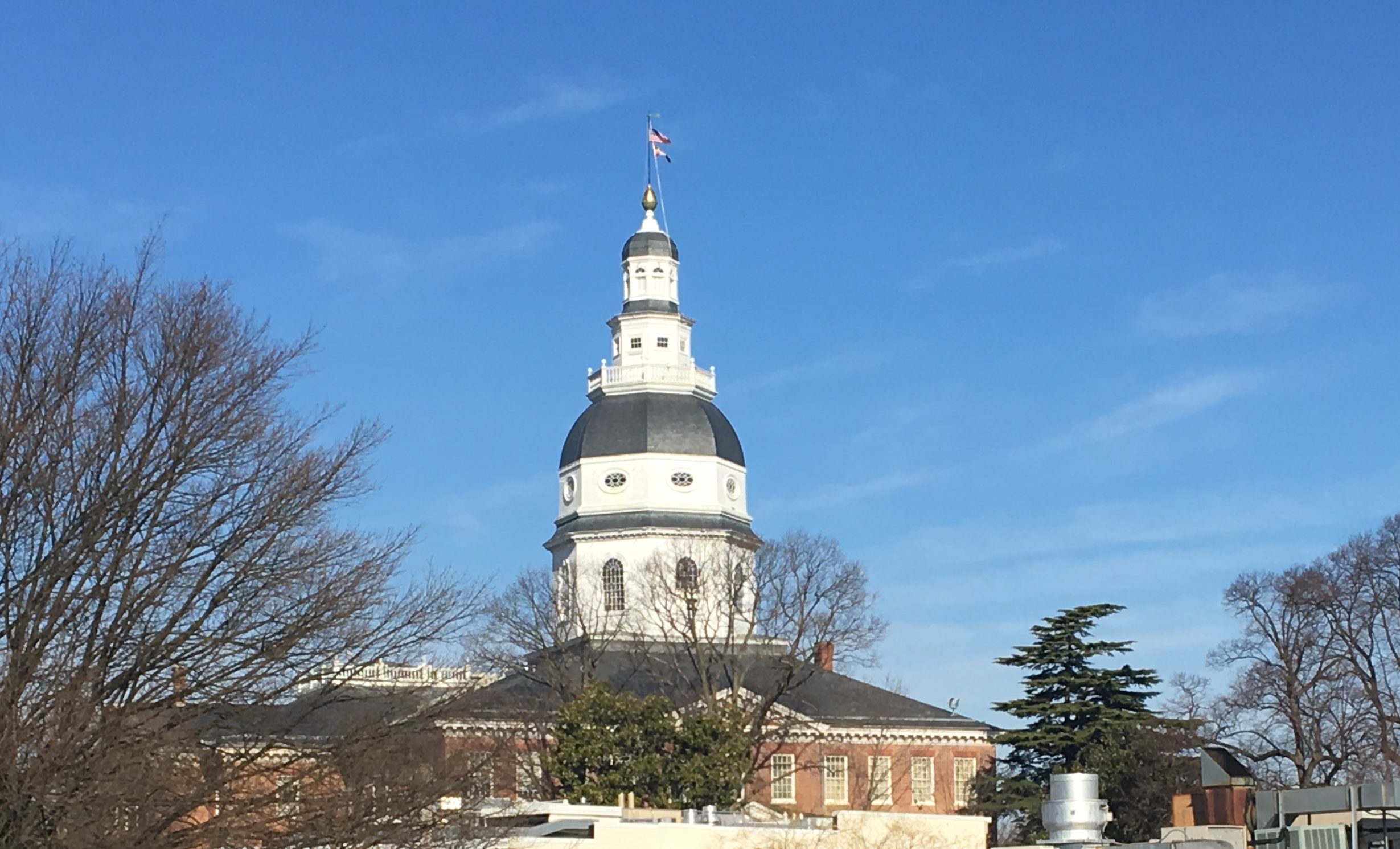Legal aid clinic offers job, expungement help as new laws expand eligibility
By STEPH QUINN
BALTIMORE, Md. — Albert Gary loved working as a bouncer.
“People got to know me. I got to know people,” said Gary, 39, of Baltimore.
Now, he said, he misses the work, because well-paying nightclub security positions have increasingly required guards to carry firearms, and his criminal record prevents him from getting a license to carry.
The possibility of expunging, or removing, that record drew Gary and scores of other Baltimore residents to the third annual expungement clinic hosted by Maryland Legal Aid and Baltimore Gas & Electric in West Baltimore’s Mondawmin Mall Thursday.
Attorneys from both organizations helped clients determine whether charges and offenses are eligible to be expunged, potentially easing the process of finding housing and better-paying jobs.
New state laws reducing expungement waiting periods and legalizing adult cannabis possession have made more Marylanders eligible to remove convictions from their records.
“If you’ve been told no in the past, it’s time to come back,” said Angus Derbyshire, Maryland Legal Aid’s director of pro bono.
Bill Cameron, an assistant general counsel at Exelon, BGE’s parent company, said the event aims to help residents access the full benefits of the recent laws, even if they can’t afford to hire a lawyer.
“This is the law. These things are expungeable. And if they are expungeable, then everyone should be in a position to make use of that,” he said.
The Redeem Act of 2023, effective on Oct. 1, shortens waiting periods added to an individual’s sentence before they can petition the court to expunge eligible convictions.
Waiting periods begin after the petitioner completes sentences for all convictions being considered for expungement, including parole, probation, or mandatory supervision.
The new law halves post-sentence waiting periods from 10 to five years for eligible misdemeanor convictions, including disorderly conduct, prostitution, and certain drug possession offenses. Wait times were reduced from 15 to 7 years for some felony convictions.
Those charged with possession of cannabis who have completed their sentence can request expungement with no additional waiting period under provisions of Maryland’s cannabis legislation that took effect earlier this year.
Demetrious Clay, 22, of Baltimore, attended the event to both take steps toward expungement and make use of BGE’s workforce development resources.
“I think expungement is going to help me to be looked at more than I’m being looked at by other jobs,” said Clay.
Attorneys and recruiters from the power utility reviewed resumes and spoke with residents about potential employment opportunities at Exelon.
Andrea Means, an Exelon recruiter at the event, encouraged job seekers to consider BGE even if they aren’t sure if they have the right skill set.
“We actually bring people in at the ground level, train them for 10 months, 18 months, and then place them in different positions,” Means said.
Somil Trivedi, Maryland Legal Aid’s chief legal and advocacy director, said that although the Redeem Act has made expungement easier, it is only the first step in enabling people to move past charges that sometimes become, in effect, “a sort of permanent conviction.”
“These (charges) could be automatically expunged,” he said. “The government owns all the information required to know whether an offense is expungeable or not and could simply do it.”
Maryland Legal Aid hosts periodic clinics and events for legal advice. Its website contains a schedule and more information.
Other legal aid organizations throughout the state will hold legal clinics and events focused on cannabis expungement this year. Some examples: Shore Legal Access will hold an informational session and walk-in clinic at the Talbot County Free Library on Nov. 8. Allegany Law Foundation will host clinics on Nov. 16 and Dec. 21 in Cumberland. The Harford County Bar Foundation will host a clinic on Dec. 14 at Bel Air Recovery.

Capital News Service is a student-powered news organization run by the University of Maryland Philip Merrill College of Journalism. With bureaus in Annapolis and Washington run by professional journalists with decades of experience, they deliver news in multiple formats via partner news organizations and a destination Website.

